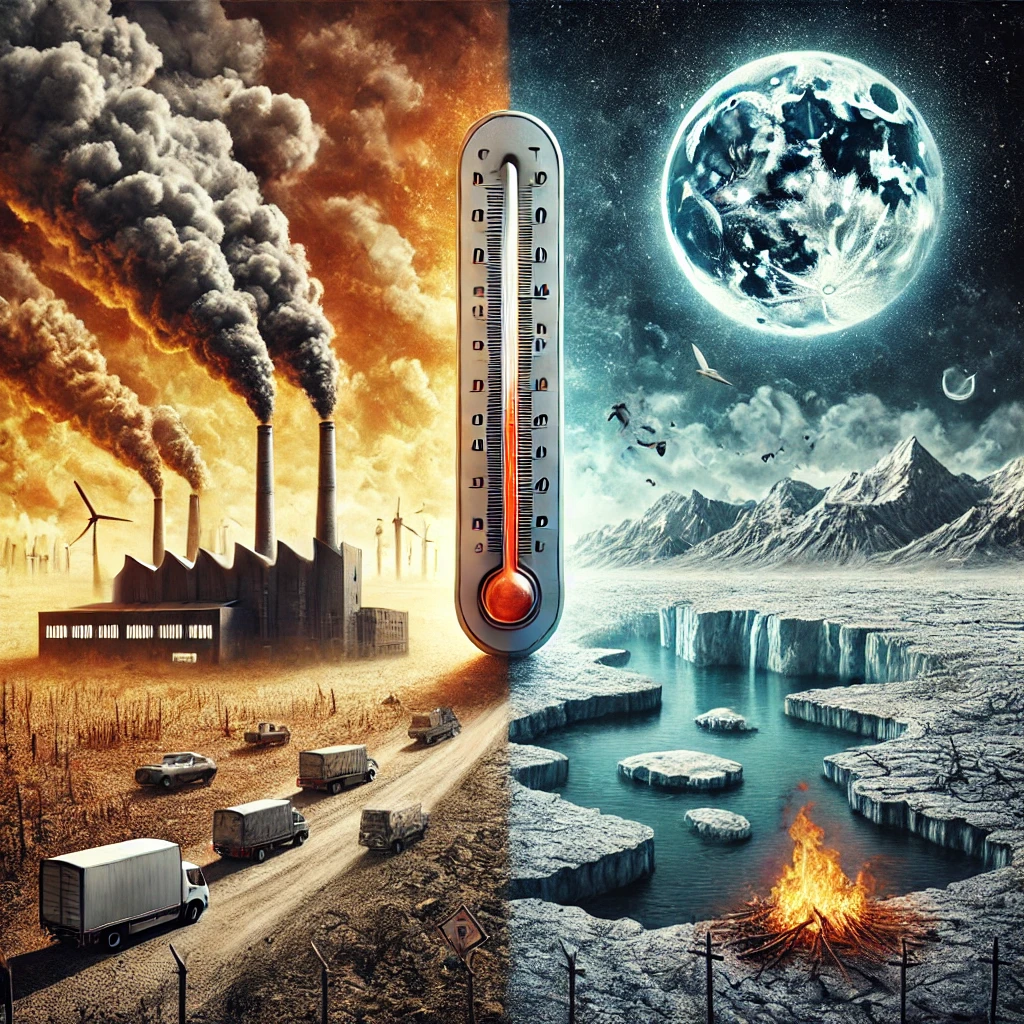What causes global warming?
Article Source
Global Warming Causes and Effects

Why you should care
Global warming is a big deal because it affects everyone on the planet. It leads to climate change, which can cause extreme weather, rising sea levels, and harm to plants and animals. Understanding what causes global warming helps us find solutions to protect our environment and ourselves. With more awareness, we can work together to combat these issues and create a healthier future.
Answering the question… What causes global warming?
The article explains that global warming is mainly caused by human activities like burning fossil fuels, deforestation, and industrial processes. These actions release greenhouse gases, like carbon dioxide (CO2), into the atmosphere. In fact, CO2 levels have increased by about 48% since the 1800s, contributing to rising temperatures. The planet has warmed by approximately 1.1 degrees Celsius since the late 1800s, which is a significant change.
How was the study done?
Researchers gathered data from various studies, reports, and climate models to analyze the causes and effects of global warming. They reviewed scientific literature and compared historical climate data to understand how human activities have impacted the Earth's temperature over time. This comprehensive approach helped highlight the connections between our actions and climate change.
What was discovered?
- Greenhouse gases: CO2, methane (CH4), and nitrous oxide (N2O) are the primary greenhouse gases driving global warming. CO2 is responsible for about 76% of human-related emissions.
- Temperature rise: The average global temperature has increased by about 1.1°C since the late 1800s, with the past decade being the warmest on record.
- Fossil fuels: Burning fossil fuels accounts for 75% of global CO2 emissions, with coal contributing about 30%, oil 30%, and natural gas 20%.
- Deforestation: Cutting down forests releases about 1.1 billion metric tons of CO2 each year, significantly impacting climate change. Forests absorb around 30% of global CO2 emissions.
- Future projections: If current trends continue, global temperatures could rise by an additional 1.5°C to 2°C by 2050, potentially leading to more severe climate impacts, such as increased droughts, floods, and severe weather.
- Feedback loops: The melting of polar ice caps reduces the Earth's albedo effect, which means less sunlight is reflected away, causing further warming. This process can lead to a 5% increase in warming for every degree of ice melted.
Why does it matter?
Understanding these discoveries is crucial for policymakers and individuals alike. By recognizing the primary causes of global warming, we can take meaningful actions to reduce emissions, conserve forests, and promote sustainable practices. The fight against climate change starts with informed choices and collective efforts to protect our planet for future generations.
